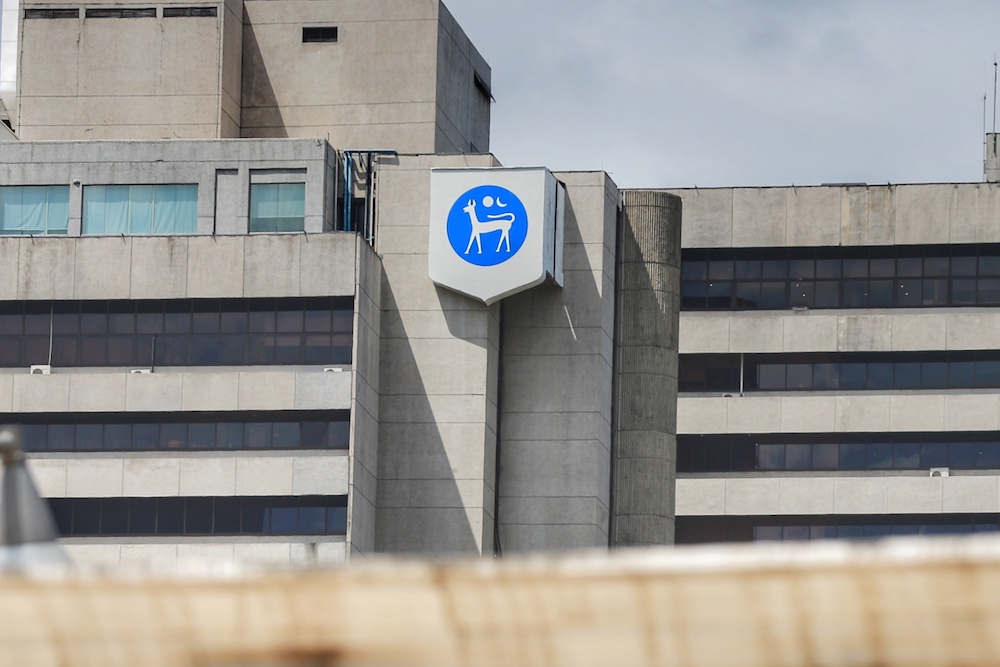By ZAIDI ISHAM ISMAIL
[email protected]
AS expected, Bank Negara Malaysia announced on Wednesday that interest rates are maintained at 1.75 percent. That was the fourth time this year that the central bank tweaked the regime.
But what does it mean to you and me and how will it affect us all?
The interest rates, called the overnight policy rate or OPR is a benchmark rate set by Bank Negara to be used by all local banks to determine their interest rates for loans.
These unclude housing, car, fixed deposit and personal loans among others. Before the central bank determines the OPR, it must first monitor the prevailing economic conditions of the country.
During this time, when COVID-19 is running berserk all over the world, people lose their jobs and companies rake in lower revenues. The economy will worsen if interest rates remain high.
This is because the rakyat who have already lost their jobs and are already cash strapped cannot afford to pay back their loans let alone the high interest rates.
Thus to stimulate domestic spending, the central bank will have to lower the interest rates. With lower interest rates for car, house and other purchases, the rakyat will be able to save and spend on other things. This will have a direct and positive spillover effect on the country as the rakyat will spur economic activities.
With lower interest rates, the rakyat will have more money in their pockets and be able to spend it on meals with their families, go to the movies and travel (under stricts SOPs of course).
However, when it comes to the interest rate, Bank Negara has to tread carefully and not tip the balance. Too low an interest rate, then the income of banks will be weak and this will not be good news for the economy.
Bear in mind, foreign private investors are also present in the country such as in the stock market. Too low an interest rate will cause foreign funds to leave the country bringing with them billions of ringgit. Too low an interest rate will shake the stock market, spook the investors and blanket the country with a negative vibe.
So interest rates cannot be too low as it would be detrimental to the nations's economy.

On the converse, when the economy is doing well, central banks will increase interest rates to allow banks to maximise their profits. But the interest ratea can't be too high to prevent overheating.
Too much of a good thing will cause the economy to spiral out of control and it will not reflect actual economic fundamentals.
Thus Bank Negara Malaysia has the unenviable position to set the interest rates at an accomodative level for all sectors of the economy.
But there is a tint of good news behind Bank Negara's recent interest rate announcement. The fact that interest rates is not lowered further showed that the weak economic performance may be bottoming out.
What this means is that the economy is picking itself again and does not need anymore crutches.
"There was an overall feel good feeling in the press release by Bank Negara," said UOB chief economist Julia Goh.
So the road ahead looks bright as the economy is showing signs of recovery.
The 1.75 percent rate also gives room for Bank Negara to relax it further should the economy weakens as the situation is still unpredictable.
So before making that big buy, factor in the prevailing interest rate as it will impact the fiscal position of every Malaysian as well as financial institutions. - DagangNews.com










